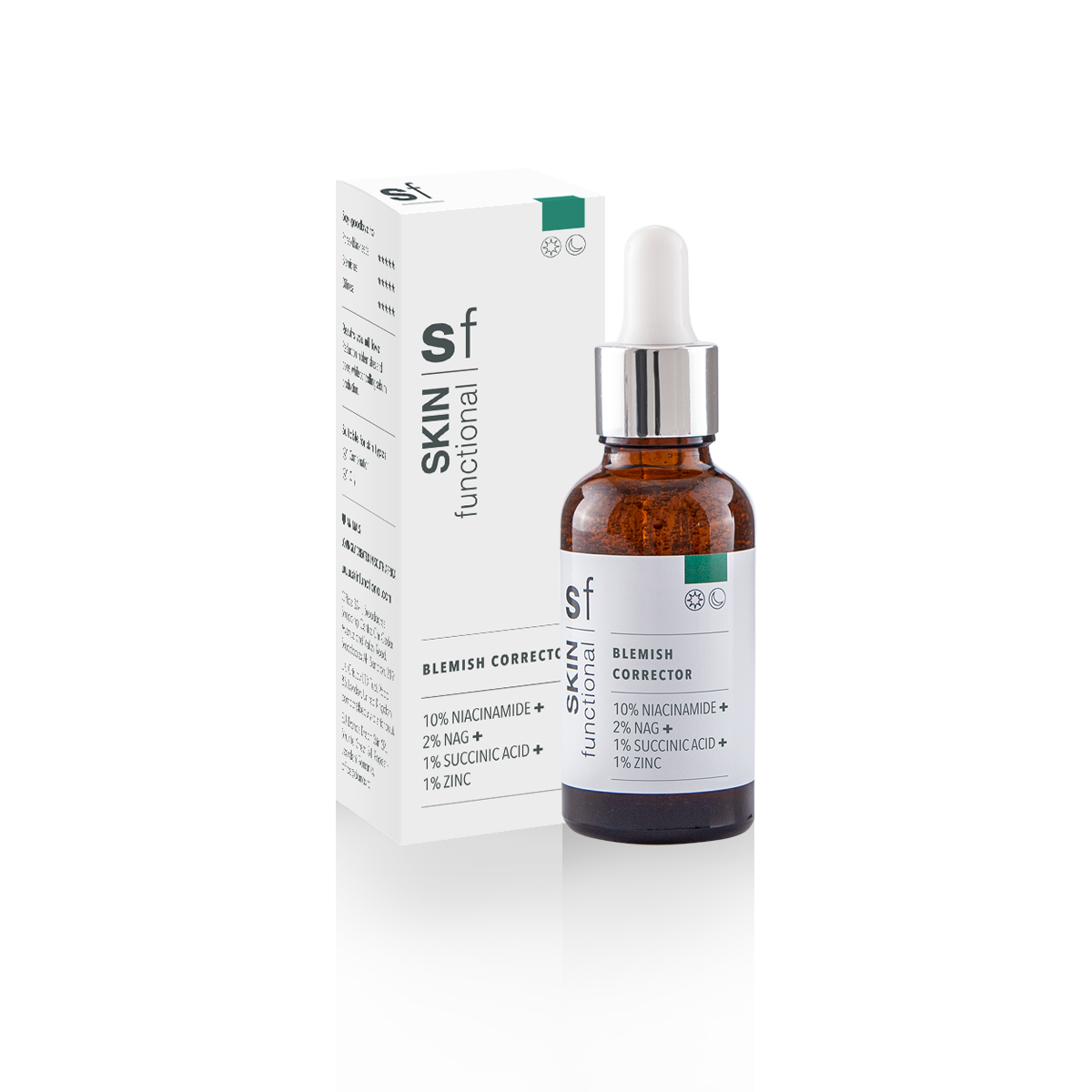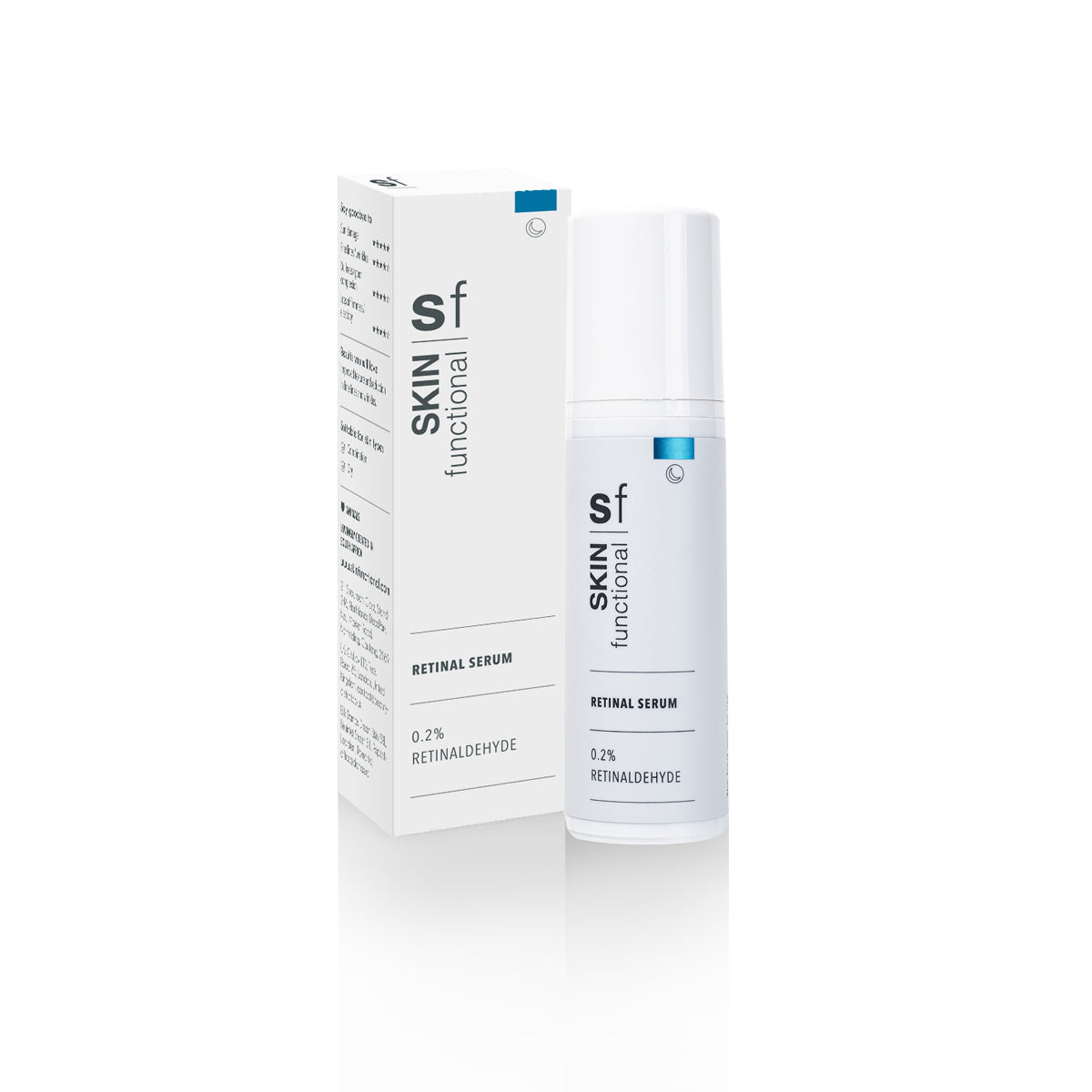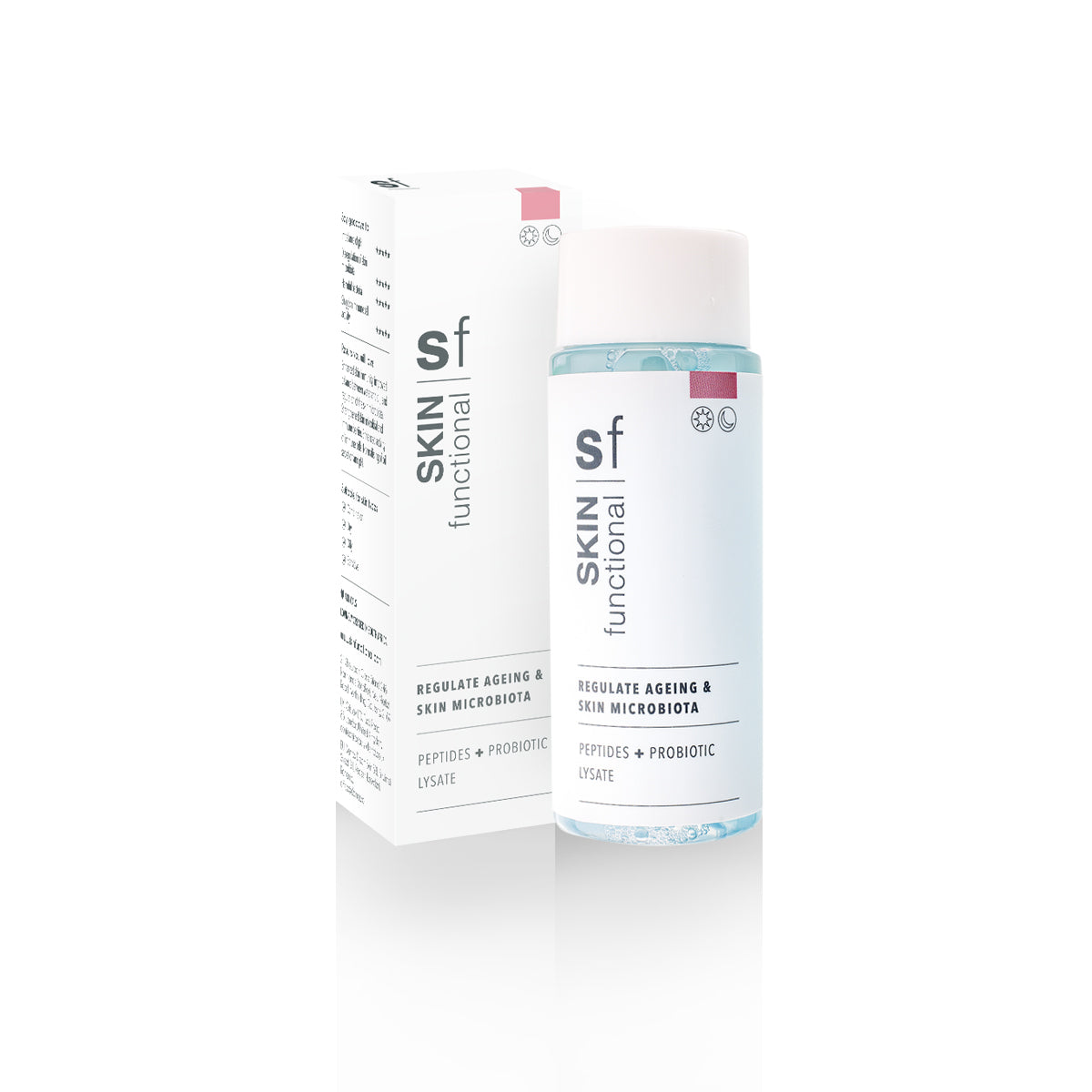Kevin Khosa, Skin Expert at SKIN functional explained that: “When it comes to choosing the best facial sunscreen for your skin, there are five questions you need to be asking yourself:
- What is the SPF protection factor?
- Is it a mineral or chemical sunscreen?
- What are the active ingredients
- Consistency?
- Finish?
- What skin types does it suit?
The truth is that the type of sunscreen you choose is really based on your preference when it comes to consistency and finish. However, the most important elements are the other four points mentioned above.
Why choose a gel sunscreen?
Gel-based-sunscreens are lightweight and get absorbed into the skin quickly. The water-based formulation of gel sunscreen is non-sticky, non-greasy and easily absorbed into the skin. One of the best advantages of gel-based-sunscreen is that it does not create a white cast on the skin due to its water-based formulation. Sunscreen gels are available in various SPF (SPF 50 sunscreen, which is most recommendable) levels, which indicate the level of protection against UVB rays that cause sunburn.“Experts often recommend sunscreen gels for oily skin and acne-prone skin as they are less greasy and heavy than creams or lotions. Being lightweight, it quickly gets absorbed into the skin, making them ideal for use during outdoor physical activities or in humid weather,” added Khosa.
Sunscreen Gel vs Cream: Which type of sunscreen is best for the skin & why?
Whether sunscreen gel or cream is better for your skin depends on your skin type and personal preference. Both sunscreen gel and cream provide adequate protection against UV rays, but they differ in texture and feel.Gels are recommended for oily and acne-prone skin, as gel-based-sunscreens such as they are lightweight and non-sticky. Unlike other sunscreens, gel-based-sunscreens are non-comedogenic, which means they won't clog the skin's pores. Gel sunscreens are lightweight and absorb quickly into the skin, making them ideal for indoor and outdoor use.
On the other hand, sunscreen creams are often preferred by those with dry skin as they tend to be more moisturising. Creams are usually thicker and more emollient, providing hydration to the skin. Some sunscreen creams can be comedogenic and are not advisable to use for people with oily and acne-prone skin.
When it comes to the best sunscreen for oily skin or acne-prone skin, sunscreen gels always have the upper hand as it protects the skin from the damaging effect of the sun without making it greasy or without clogging the pores. Dermatologists recommend SPF 50 sunscreen for maximum sun protection.
“Sunscreen should be a part of your morning skincare routine and choose a sunscreen with SPF 50 for protection against the UVA and UVB rays. In fact, the most crucial factor when choosing a sunscreen is to ensure that it has a sufficient SPF level for your skin type and activity level and to reapply it regularly throughout the day. It's also a good idea to choose a sunscreen labelled as ‘broad spectrum’, meaning that it protects against both UVA and UVB rays,” concluded Khosa.Learn more about the new SKIN functional Gel Lotion SPF50 Sunscreen on www.skinfunctional.com now available to purchase for R260,00 and choose from their other sunscreen options in the SUN functional range.







